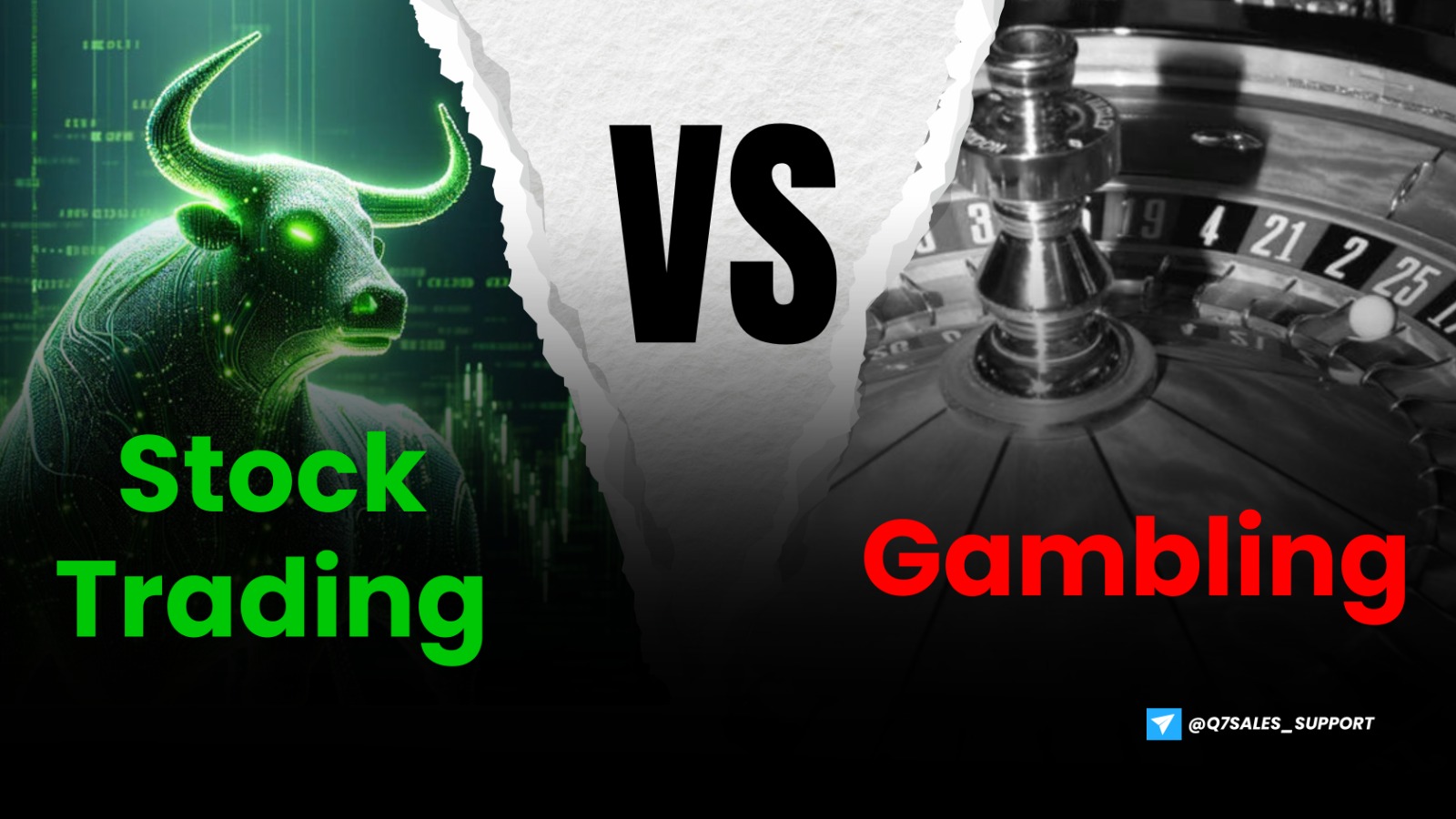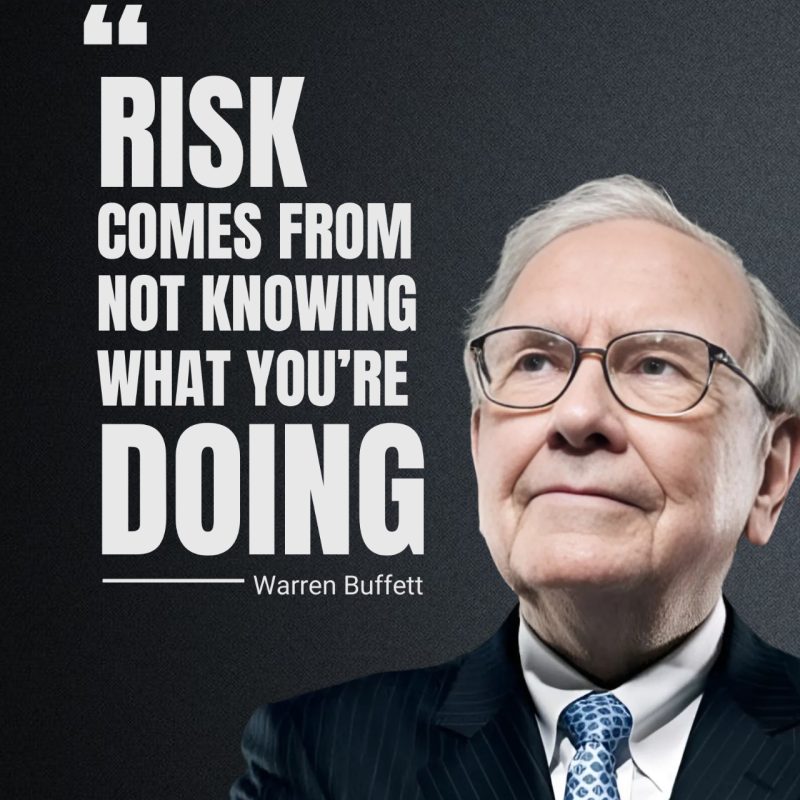
The debate on whether share trading can be equated to gambling is a long-standing one. Both involve risks, and both may yield profits or losses. However, a closer examination of their nature, objectives, and methodologies reveals significant differences. While gambling often relies on luck and short-term thrills, share trading thrives on analysis, strategy, and long-term planning.
The Nature of Trading vs. Gambling
At its core, share trading involves analysis, research, and strategic planning. Traders study market trends, company performance, and economic factors to make informed decisions. Unlike gambling, which relies on chance, trading involves calculated risks based on knowledge and judgment.
Gambling, in contrast, is speculative, offering no tangible asset in return for the bet. Share trading, on the other hand, provides ownership of a real business. When you purchase a stock, you acquire a piece of a company—a legitimate and valuable asset. This crucial distinction underscores the broader financial and societal implications of trading.

Risk Management: The Key Difference
In share trading, risk management is paramount. Tools like stop-loss orders and portfolio diversification allow traders to protect their capital. For instance, if a stock declines 10% below its purchase price, a stop-loss can ensure that the trader retains 90% of their investment.
Conversely, gambling offers no such mechanisms. A bet placed on a sporting event or casino game is either a win or a total loss. Even if the bet partially succeeds, like a team making it to the finals but not winning, there is no way to recover a portion of the stake. This stark difference highlights the strategic approach of trading compared to the all-or-nothing nature of gambling.
The Role of Information
Information is a critical differentiator between trading and gambling. Stock markets are transparent and regulated, ensuring that investors have access to key data such as company earnings, financial ratios, and management performance. This information allows traders to make informed decisions and adjust their strategies.
Gambling, however, provides little to no reliable data. For example, at a blackjack table, players cannot predict outcomes based on past results. The notion of a “hot” or “cold” table is anecdotal and unquantifiable, making gambling heavily reliant on luck.
The individual investor should act consistently as an investor and not as a speculator.
Benjamin Graham
Emotional Discipline and Mindset
Successful trading requires emotional discipline and rational thinking. Traders must manage emotions like fear and greed to avoid impulsive decisions. In contrast, gambling often thrives on impulsivity, with participants chasing losses or betting recklessly. This difference in mindset further separates trading as a skill-based activity from gambling as a chance-based endeavour.
Long-Term Gains vs. Short-Term Thrills
Investing is inherently a long-term activity, aimed at building wealth over time. Traders and investors hold ownership of assets, such as stocks or bonds, that can grow in value and generate returns. Gambling, however, is typically short-lived and often results in net losses.
Moreover, share trading contributes to economic growth by funding businesses and fostering innovation. Gambling, while regulated, lacks such productive value and is often associated with financial instability.
The only investors who shouldn’t diversify are those who are right 100% of the time.
John Templeton
The Economic Perspective
Stock markets are regulated to ensure fairness and transparency, protecting both retail and institutional investors. These regulations foster trust and stability in financial systems. Gambling, though regulated, does not serve an economic purpose and often leads to negative social impacts.
Share trading not only benefits individuals but also supports economic development by channelling funds into productive ventures. This distinction elevates trading as a legitimate and valuable activity, far removed from the speculative and often harmful nature of gambling.
Conclusion
While both share trading and gambling involve risks, their objectives, methods, and implications are fundamentally different. Trading is a skill-driven, informed pursuit that contributes to economic stability and personal wealth creation. Gambling, on the other hand, is speculative, unproductive, and often leads to losses.
In the words of Peter Lynch, “Know what you own, and know why you own it.” This sentiment captures the essence of trading—an informed, purposeful activity that builds wealth and fosters growth.
Disclaimer: The information presented in this article is for informational purposes only and should not be considered financial advice. Investors are encouraged to perform their own analysis and seek professional guidance before making investment decisions.
Q7 Trading Solutions pioneers in algorithmic trading with tailored strategies for Stock options and Index options. Harnessing the power of AI and Big Data, we deliver precision in technical analysis using statistics & mathematical modeling, providing a reliable path to optimize trading outcomes. You can learn more about its prowess by joining our 28k+ strong community absolutely for FREE.




